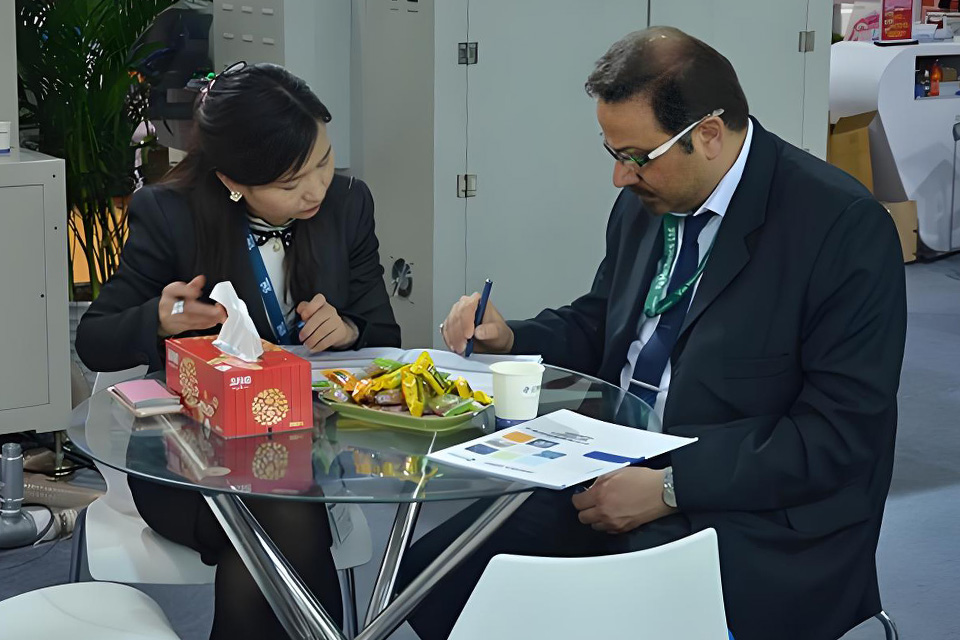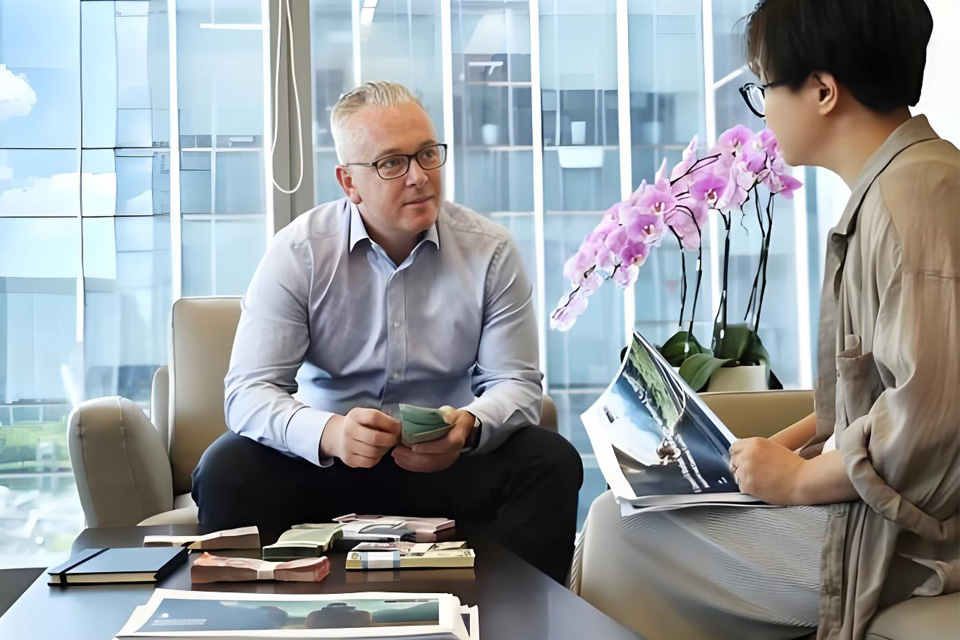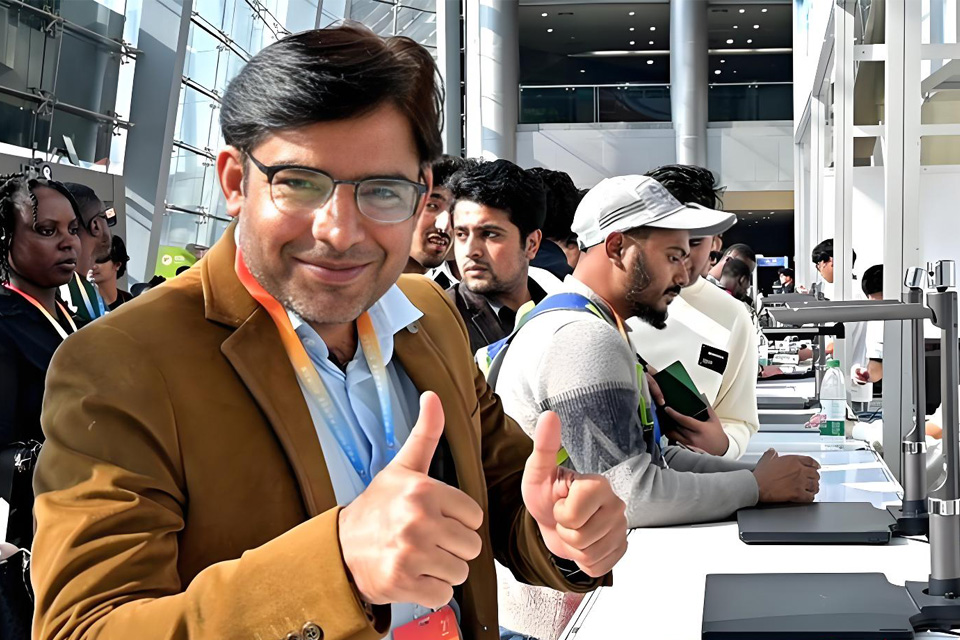Introduction
For foreign companies that want product sources in China, understanding the structure of source agents in China is a key step in budgeting and evaluating cooperation costs. In general, source agents in China usually charge a certain percentage of commissions based on the total amount of the purchase order as a service fee. According to industrial practices and market conditions, this rate is usually between 5% and 10% of the total amount of the purchase order. However, it should be emphasized that the specific commission rate is not solid, but many factors such as the type of products, the total order size and the complexity of the task of ordering will be influenced. In addition to the Commission system, there are also some sourcing agents who can provide a fixed service with a fixed fee or hourly service.
Understanding the method of charging agents of sourcing and factors that influence them can help companies better evaluate the cost efficiency of cooperation with agents and choose a model of cooperation that best suits their needs. When negotiating with potential sourcing agents, ask in detail the accounting standards and fully communicate and negotiate a specific fees structure to avoid unnecessary fees.
Charging Standards of Purchasing Agents
Commission-Based
The commission system is the most common and widely accepted charging method for buyers in China. In this model, the purchasing agent will charge a certain percentage of the total amount of the final order as a commission for its services. This commission ratio is usually clearly agreed with the customer at the beginning of cooperation and is an important part of the cooperation agreement between the two parties.
For example, if the total amount of your order is $ 10,000 and the commission has agreed and the purchase agent agreed 5% to 10%, then the amount of commission you have to pay to the agent will be equivalent to $ 500 to $ 1,000. This range seems simple, but in actual operation, the specific commission ratio will be restricted and affected by many factors.
The advantage of the commission system is that its charges are directly linked to the actual results of the purchase. The larger the purchase amount, the higher the commission the agent receives. This, to a certain extent, encourages the agent to strive for more favorable purchase prices and higher purchase efficiency for customers. At the same time, for the purchaser, the commission only needs to be paid after the actual purchase behavior occurs and the order amount is generated, which reduces the fixed cost investment in the early stage.
However, it should be noted that the determination of the commission rate requires full communication and negotiation between both parties, taking into account various factors such as product type, order size, and procurement difficulty. Some procurement agents may set different commission rates for different product categories, or give certain commission discounts to long-term large customers.
Fixed Fees
Unlike the commission system, some Chinese procurement agents may choose to charge service fees according to a fixed fee standard. This charging method is usually suitable for projects with relatively clear procurement scope and workload. Fixed fees can be charged according to different time periods or project stages, for example:
Per Project Fee: The agent will negotiate with the customer to determine an overall fixed service fee based on the expected workload of the entire procurement project, the resources required, and the complexity of the project. This method is suitable for projects with clear procurement needs and relatively fixed quantities and specifications. Monthly Retainer Fee: The agent signs a long-term service agreement with the customer and charges a fixed service fee every month. This model is usually suitable for large enterprises that need continuous procurement support and have relatively stable procurement volumes. Hourly Rate: Similar to the charging model of consulting companies, agents will calculate the service fee by multiplying the actual number of working hours by the agreed hourly rate. This method may be suitable for some scattered consulting or assistance tasks with uncertain workload.
The advantage of fixed fees is that its costs are highly predictable. Customers can clearly understand the total amount of service fees to be paid before the project starts, which helps to control the budget. However, this model may not be very flexible. If the actual workload exceeds expectations, the agent may not be willing to invest extra energy, or the customer may feel that the actual service does not meet expectations after paying the fixed fee.
Factors Affecting Fees
As mentioned earlier, the charging standards of Chinese procurement agents are not fixed, but will be affected by many factors. The following are some of the main considerations:
Order Size
The overall amount of the order is one of the important factors affecting the commission ratio. Generally speaking, the larger the order size, the lower the commission ratio the procurement agent may be willing to accept. This is because for large orders, even if the commission rate is low, the agent can still obtain relatively considerable total income, and the marginal effort spent on processing a single large order may be lower than the sum of processing multiple small orders. Therefore, for large enterprises or customers who purchase in large quantities, there is usually more room for bargaining and they can negotiate with agents for more favorable commission rates, such as a tiered commission structure, where the larger the order amount, the lower the commission rate.
Product Complexity
The professionalism and complexity of purchased products also significantly affect the standards of charging a shopping agent. Buying some products with high technical content, complex specifications, or requiring special certification and inspection often requires an agent to invest more expertise, technical skills and time and energy to find suitable suppliers, check quality and solve possible technical problems. Therefore, agents usually charge for the purchase of such complex products or a fixed fee to cover their additional service costs and professional risks. For example, buying medical devices, electronic components or precise machines and equipment usually requires higher agency fees than buying clothing or daily needs.
Agent Experience
China’s public procurement agents with more experience, good reputation and successful cases in this sector usually charge relatively higher service fees. This is because they often have a wider network of suppliers, a stronger negotiation capacity, a more professional quality control system and more complete support of services after sale, which can provide customers with higher quality and more reliable public procurement services, reducing public procurement risks and improving public procurement. Customers are willing to pay higher fees for experienced agents in exchange for safer and more guaranteed purchase experience.
Client Relationship
Customers who have established long -term and stable cooperative relations with public procurement agents or large companies with large purchase volumes usually have a better chance to negotiate more favorable conditions for cooperation with agents. This may include lower commission, annual discounts, discounted prices or more flexible payment conditions. Long -term cooperation means that trust and understanding have been determined between the two parties, which can reduce the communication costs and risks of agents, so they are usually willing to provide long -term customers of a certain discount. In addition, large businesses can also bring considerable income with lower commissions due to their huge volume of orders, so it is more likely to be more favorable treatment.
Other Factors
In addition to the above main factors, there are some other factors that may affect the charging standards of Chinese procurement agents:
Required other services: If a customer requires a public procurement agent to provide additional value -added services such as market survey, help with a new product, intellectual property consultation, supplier chain optimization, etc., the agent may charge additional services. Regional differences: There may be certain differences in the standards of charging agents of public procurement agents in different regions that are related to factors such as the level of local economic development, labor costs and market competition. Depth of service scope: If the service scope provided by the agent is very comprehensive, covering all aspects from finding suppliers to final delivery of goods and after-sales support, its charges may be relatively high. Urgency and time pressure: If the customer’s procurement needs are very urgent and need to be completed in a short time, the agent may need to invest more resources and energy, so it may charge higher fees.
Summary
In summary, the charging standards of Chinese procurement agents are not a fixed number, but are affected by a combination of factors. The commission system is currently the most main charging method and its share is usually between 5% and 10% of the total order amount. However, fixed fees and hourly fees are also suitable for specific public procurement scenarios. When choosing a Chinese public procurement agent, companies should not only pay attention to charging standards, but also comprehensively consider their professional skills, industrial experience, the reputation and scope of the services it can provide and choose the most cost -effective partner. At the beginning of cooperation, it is necessary to communicate fully and negotiate with the agent on a specific charging method, commissions ratio, fees structure and possible additional expenditure and clearly record them in cooperation agreement to ensure the rights and interests of both parties. Understanding the market situation and implementation of sufficient comparison and behavior will help companies to obtain more reasonable fees for services of public procurement services.





